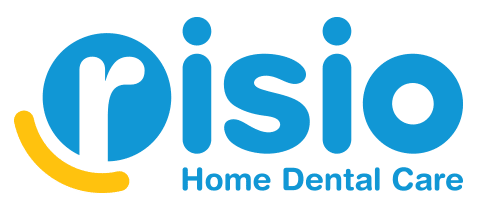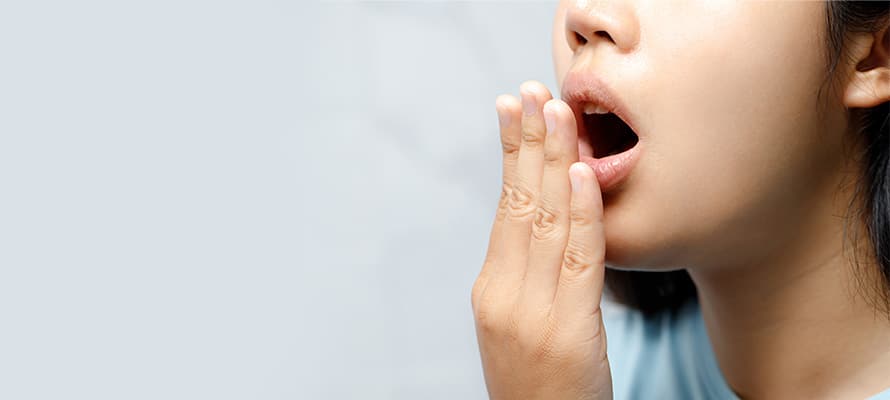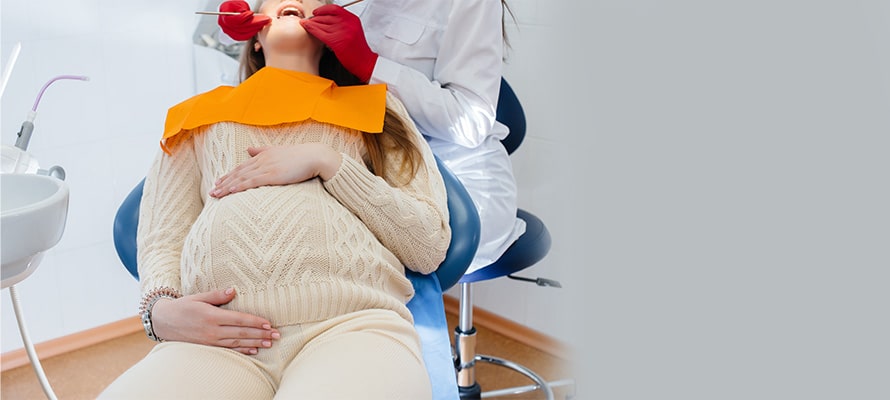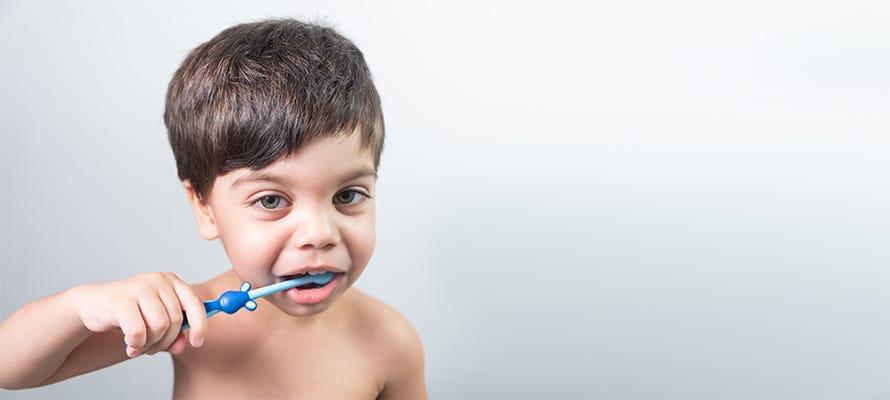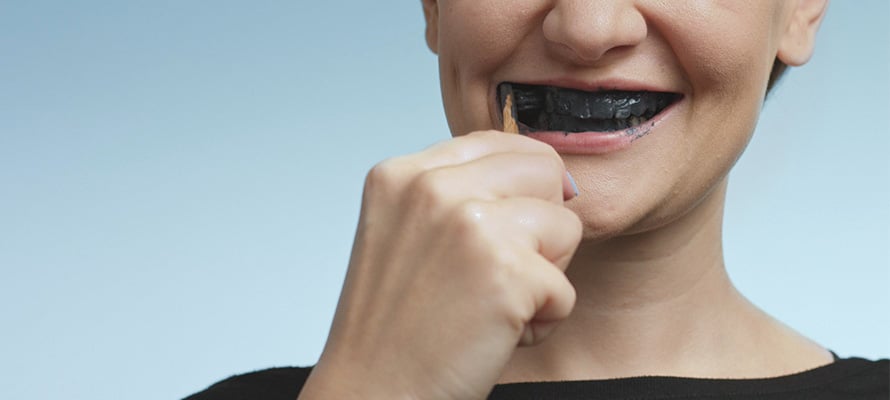3 Ways to Keep Your Breath Fresh, Every Minute of the Day!
Keeping your breath fresh can feel like a constant struggle. Eating habits, personal hygiene and genetics all play a role in whether your breath is minty or foul. Thankfully, there are some simple ways to combat bad breath every day.
If you’re reading this article because you’ve recently been informed that you have bad breath, then we’re happy to help!
Read on for more information on what causes bad breath and how to fix it. Keep reading to learn about three quick and easy ways to keep your breath as fresh as possible:
Brush and Floss, Twice a Day
Many people believe brushing their teeth twice a day is sufficient, but it really isn’t. Brushing your teeth is about removing dental plaque and bacteria, whereas flossing removes any food particles between your teeth. It is vital to improve your eating and personal hygiene habits to ensure you have fresh breath.
If you brush your teeth with fluoride toothpaste twice a day, brush your tongue and the roof of your mouth, and floss once a day to get rid of food particles that cause bad breath, you’ll be fine. You’ll also remove bacteria from your teeth by brushing your tongue.
Drink More Water
- We know, we know. You’ve probably heard it a thousand times before, but it’s true. Drinking water and staying hydrated is one of the best things you can do for your body, especially your mouth.
- Water naturally cleanses your mouth of bacteria, food particles and other things that could lead to bad breath. You don’t have to drink 8 glasses of water per day to see benefits, but you should be drinking enough to stay hydrated.If you notice that your breath smells bad or tastes funky, try increasing your water intake.
- If you really want to do a deep clean of your mouth, try baking soda mouthwash. It’s surprisingly effective and safe for daily use.
- Baking soda is a natural antiseptic and can kill bacteria in your mouth. It’s also a natural whitener, so it can help clean your teeth and remove stains. Plus, it’s super cheap and easy to find.
Chew on Some Fresh Breath Treats
No, we aren’t suggesting that you start a new habit of chewing people’s ears off. We’re talking about chewing gum! Chewing gum can help freshen your breath by removing some of the bacteria in your mouth and replacing it with a minty flavor. It also stimulates your salivary glands, which makes you produce more saliva. Saliva naturally cleanses your mouth and helps wash away food particles that could cause bad breath.
While this isn’t a permanent solution, chewing gum whenever you have bad breath is a great way to get rid of it quickly. Choose a gum that contains Xylitol, a natural sweetener that actually helps prevent bad breath. While sugar-free gum isn’t a bad thing, it doesn’t actually do anything to help clean your mouth. Xylitol actually kills the bacteria in your mouth that causes bad breath.
Conclusion
Keeping your breath fresh is important, especially in social situations. While it’s normal to have bad breath now and then, it’s not normal to have bad breath all the time. If you’re struggling with bad breath, try out these 3 helpful tips.
Brush and floss your teeth twice a day, drink more water and chew on some fresh breath treats. Keep these tips in mind and you’ll have fresh breath in no time.
The convenience of a dentist appointment at your home is just one click away! Risio provides everything you need to maintain oral health with their online appointments, including safety and comfort.
To book your appointment call +91 9144544454 or contact us
